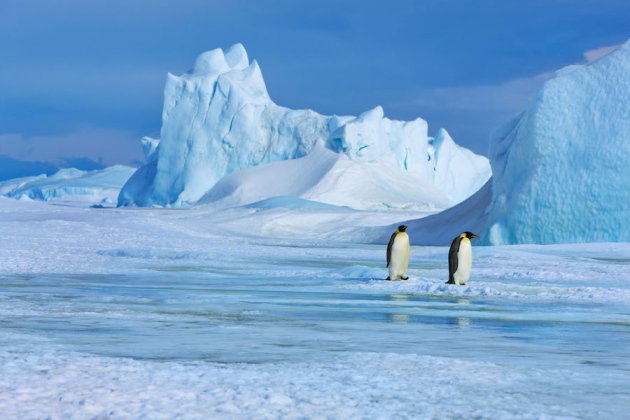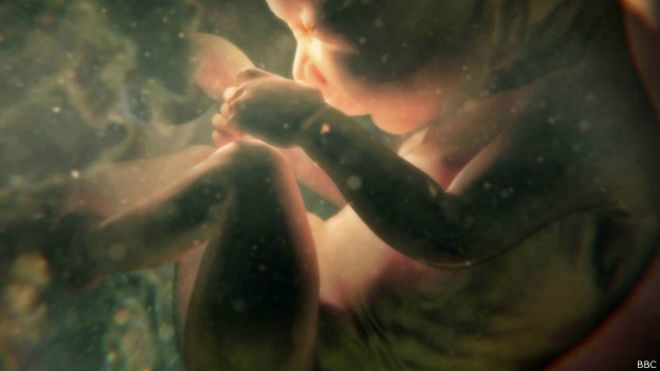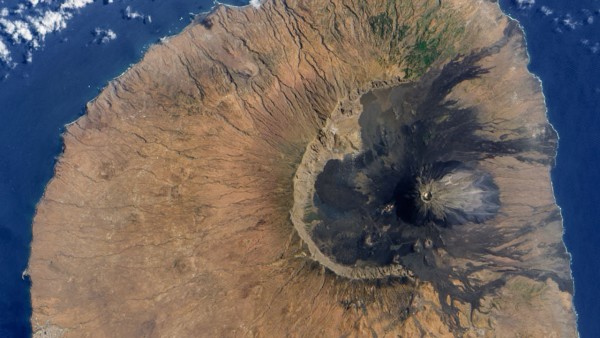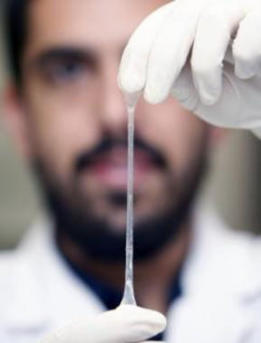Zientzia hedabideetan
-

Gains in Antarctic ice might offset losses
So much ice is piling up in the vast expanses of East Antarctica that, overall, it counterbalances the losses seen at glaciers thinning elsewhere on the frozen continent. It will […]
-

Medikuntzako Nobel Saria, zizare bizkarroiek eragindako gaitzen eta malariaren aurkako terapiak asmatu dituztenentzat
Karolinska Institutuak jakinarazi duenez, aurten hiru ikertzaileren artean banatuko dute Fisiologia edo Medikuntzako Nobel saria; erdia William C. Campbell eta Satoshi Ōmura jasoko dute, bizkarroiek eragindako gaitzen aurka asmatutako botikarengatik, […]
-

The Dirty Truth About ‘Organic’ Produce
Passionate advocates of organic farming and foods resemble members of a religious cult, one founded on a “back to Nature” mentality. They are not so fundamentalist, however, that they do […]
-

Cómo comer y respirar cuando pesas 120 toneladas
Un estudio muestra por primera vez que las ballenas azules no se alimentan de forma continua e indiscriminada, sino que conservan fuerzas para las zonas de mayor densidad de krill.
-

9 cosas que te hicieron tú antes de nacer
Antes de que respiraras por primera vez, tu apariencia y gran parte de tu comportamiento “instintivo” estaban ya formados. La manera en la que te desarrollaste durante nueve meses, pasando […]
-

Your Baby’s Amazing Brain Development
A newborn human is, strictly speaking, a bit of a train wreck. Brand-new babies aren’t capable of much beyond eating (around the clock), pooping (usually all over their cutest onesies) […]
-

Ancient tsunami heaved 700-ton boulders over island cliffs
An ancient landslide on an island volcano is providing a worrisome lesson about tsunamis, thanks to some geologic sleuthing. According to a new study in the Cape Verde archipelago, a […]
-

The Trouble with Theories of Everything
There is no known physics theory that is true at every scale—there may never be.
-

Investigadores españoles desarrollan una resina que se autorrepara
Si se corta con una tijera por la mitad y se pone en contacto de nuevo, tras 10 o 15 segundos, el nuevo material se une sin necesidad de utilizar […]
